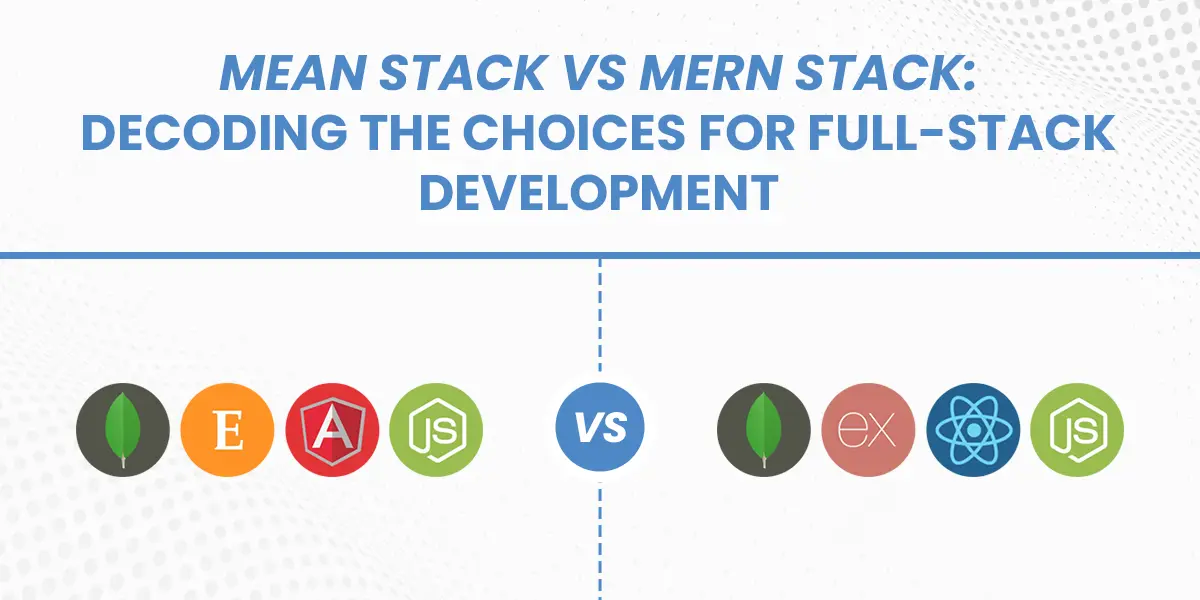Type Script Benefits

In the vast landscape of web development, staying ahead of the curve often means embracing new technologies and methodologies. One such innovation that has been gaining significant traction in recent years is TypeScript. Developed by Microsoft, TypeScript is a superset of JavaScript that adds static typing and other advanced. In this article, we’ll explore the myriad benefits of TypeScript and why it has become a go-to choice for developers worldwide.
One of the standout features of TypeScript is its strong typing system. Unlike JavaScript, where variables are dynamically typed, TypeScript allows developers to define types for variables, parameters, and return values. This provides several advantages:
-
Early Error Detection: With static typing, many common errors such as typos, type mismatches, and incorrect function calls are caught at compile time rather than runtime. This leads to more robust code and reduces the likelihood of bugs slipping into production.
-
Improved Code Quality: By explicitly declaring types, TypeScript code tends to be more self-documenting and easier to understand. Developers can quickly grasp the intended usage of functions and variables, leading to cleaner, more maintainable codebases.
-
Enhanced Tooling Support: IDEs and text editors with TypeScript support offer powerful features like code completion, automatic refactoring, and inline documentation. This boosts developer productivity and facilitates collaboration within teams.
TypeScript isn’t just about static typing; it also brings several modern language features to the table, making it a more expressive and efficient programming language:
-
ES6+ Compatibility: TypeScript fully supports ECMAScript 6 (ES6) and later syntax, allowing developers to leverage the latest language features such as arrow functions, classes, modules, and destructuring.
-
Async/Await: Asynchronous programming is simplified with async/await syntax, which provides a more intuitive way to work with Promises and asynchronous functions.
-
Decorators: TypeScript supports decorators, a powerful language feature used for adding metadata and behavior to classes, methods, and properties. Decorators are commonly used in frameworks like Angular and NestJS for implementing features like dependency injection, logging, and authentication.
As projects grow in size and complexity, maintaining code quality becomes increasingly challenging. TypeScript addresses this issue by offering tools and features that promote scalability and maintainability:
-
Interfaces and Type Declarations: TypeScript allows developers to define custom types using interfaces, enums, and type aliases. This enables better code organization, reduces duplication, and makes it easier to enforce consistent data structures across the codebase.
-
Code Navigation and Refactoring: With TypeScript’s static analysis capabilities, developers can navigate through codebases more efficiently and perform refactorings with confidence. Renaming symbols, extracting functions, and restructuring code are made safer and less error-prone.
-
IDE Support and IntelliSense: Popular IDEs like Visual Studio Code provide first-class support for TypeScript, offering features such as intelligent code completion, real-time error checking, and integrated debugging. This tight integration streamlines the development workflow and helps developers write better code faster.
One of the key advantages of TypeScript is its seamless interoperability with existing JavaScript codebases and libraries. Developers can gradually introduce TypeScript into their projects without needing to rewrite everything from scratch:
-
Declaration Files: TypeScript provides a mechanism for describing the shape of JavaScript libraries and APIs through declaration files (with a .d.ts extension). This allows TypeScript to understand third-party code and provides type annotations for functions, classes, and variables.
-
Migration Path: Teams can adopt TypeScript incrementally by converting individual files or modules to TypeScript while keeping the rest of the codebase in JavaScript. This gradual migration approach minimizes disruption and allows teams to reap the benefits of TypeScript without a significant upfront investment.
In conclusion, TypeScript offers a compelling blend of static typing, modern language features, and developer tools that enhance productivity, code quality, and maintainability. Whether you’re working on a small project or a large-scale application, TypeScript can help you write safer, more reliable code and future-proof your development efforts. By embracing TypeScript, developers can unlock new possibilities and elevate their skills in the ever-evolving landscape of web development. So why wait? Dive into TypeScript today and experience the difference it can make in your projects!













